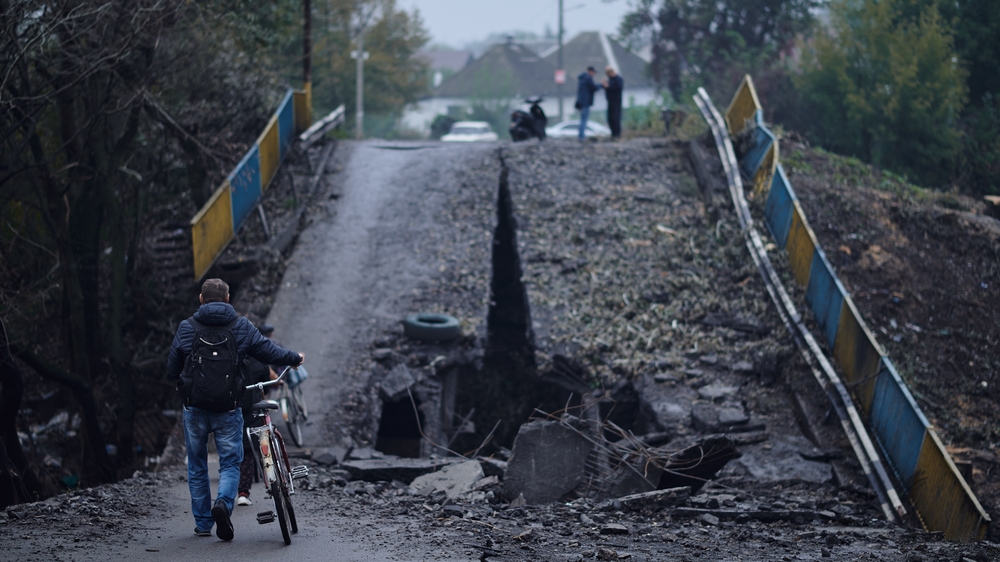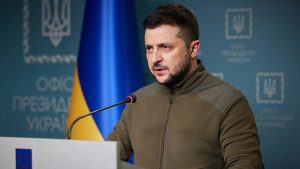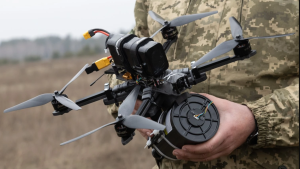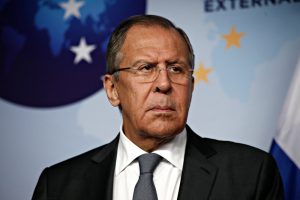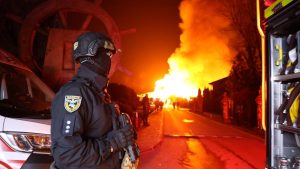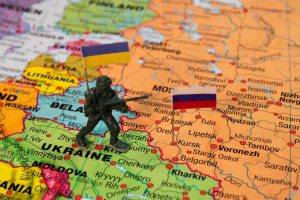Many pro-Ukrainians have fled, and their properties have been seized.
Others are reading now
Russian-occupied areas of Ukraine are undergoing sweeping social and political changes.
A Prison Like Society
According to Hotnews these territories are being “Russified,” with local institutions and daily life aligning more closely with Russian policies.
This shift presents a challenge for any future peace negotiations that could involve these territories.
Ukrainians living in occupied regions describe a “prison-like” society. Fear of being reported discourages residents from expressing pro-Ukrainian views.
Also read
Those without Russian passports feel like “refugees in their own country,” says “Kiril,” a Ukrainian resistance member interviewed by The Economist.
Russian citizenship has become almost essential for basic needs. A Russian passport is required to access medical care, education, pensions, and other social services.
Many Pro-Ukrainians Have Fled
Positions of power in these areas are held mainly by Russians. Pro-Ukrainian citizens fear being sent to underground detention centers, or “the basement,” where they face interrogation and confinement.
Education now follows the Russian curriculum, and youth programs promote Russian ideologies. Russia’s aim is to reshape the social and political identity of these territories, says Nikolai Petrov, author of a report on the subject for Germany’s Institute for International and Security Affairs.
As of January 2022, Ukraine estimated 6.4 million people lived in occupied areas, excluding Crimea. Today, that number has dropped to 3.5 million.
Many pro-Ukrainians have fled, and their properties have been seized.
Russian labor shortages have prompted authorities to bring in an estimated 40,000–50,000 workers from Russia and Central Asia, including construction workers, teachers, and medical professionals on short-term contracts.
To fund these occupied regions, Russia has created “twinning” agreements with its provinces. Large Russian companies, universities, and cultural institutions subsidize occupied territories, often with tax incentives.
The shifting demographics and steady influence of Russian policies mean the identity of these territories is evolving.
According to Ukraine’s National Resistance Center (NRC), roughly 5–30% of people in Zaporozhye and Kherson are pro-Russian, while 20–35% are pro-Ukrainian. The remaining majority, possibly over 50%, take a “wait-and-see” stance.
Petrov concludes that not all residents in these areas are waiting to be “liberated.” Many have adapted to the new status quo, making the future of these regions uncertain.

